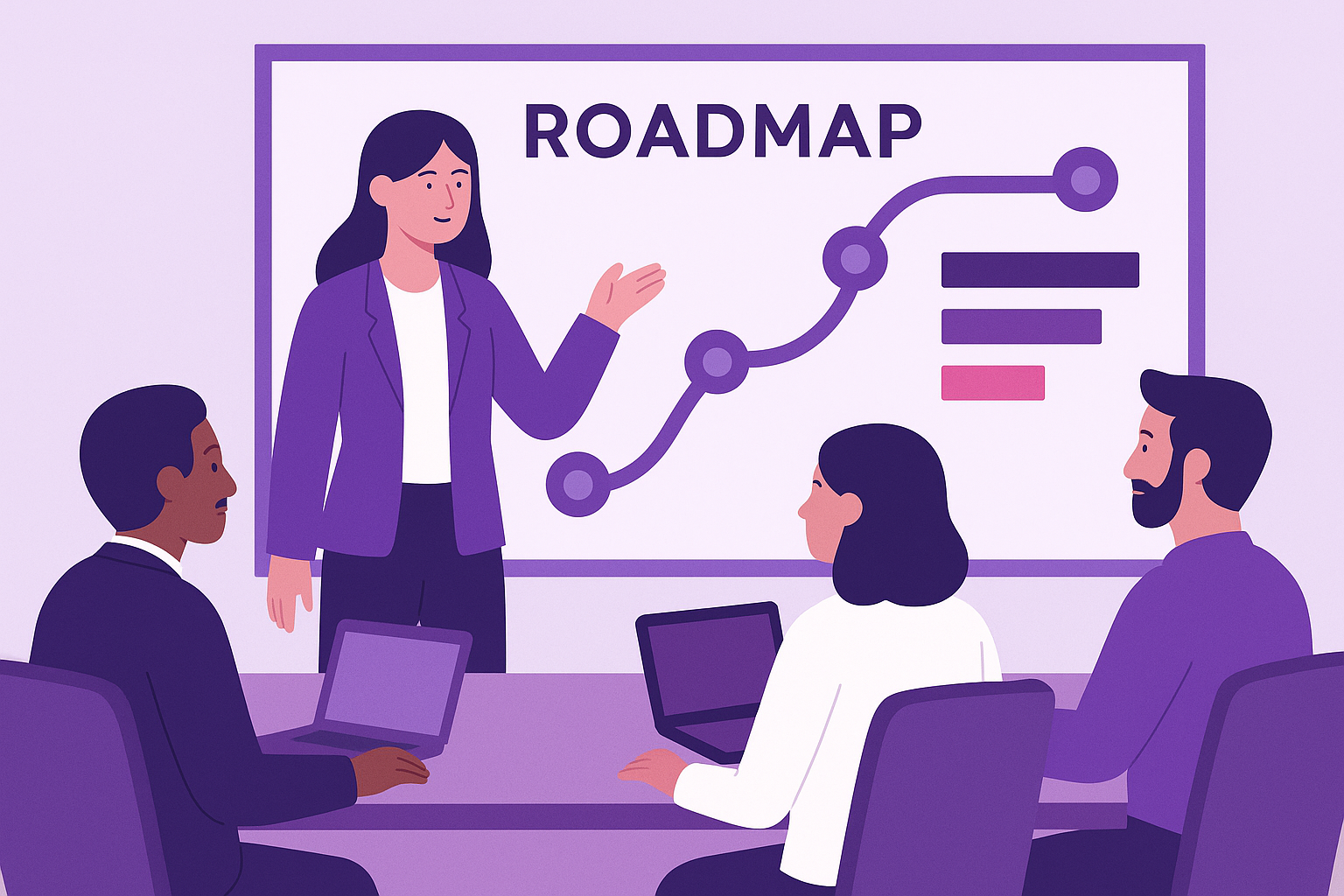
By Stephanie Taylor, CEO, Campfire
In every implementation, there’s a moment where someone—sometimes cautiously, sometimes with urgency—asks:
“Are we ready to go live?”
At first glance, it feels like a yes/no question. But in reality, it’s anything but. Readiness isn’t a checkbox. It’s a pulse check across people, process, and product. And if you’re not monitoring all three, then “go live” becomes a leap of faith.
A successful go-live isn’t about flipping a switch. It’s about ensuring your system works and your people are trained and your processes are documented, communicated, and understood. If any one of those lacks, readiness is just an illusion.
That’s why we say: “If you’re not feeling confident about go-live, ask yourself what’s causing the hesitation.”
Is it your people? Your process? Or the product?
We’ve seen teams laser-focused on the product—it’s the tangible piece, so it’s easier to point to. But discomfort often gets misdirected there when the real gaps lie in unclear ownership, lack of communication, or untrained users.
From day one, you should be assessing readiness across all three pillars—not just in the final weeks. That means:
Product: Are your requirements tested and passed? That should be black and white.
Process: Are process changes clearly documented and communicated? Do people understand what’s changing and why?
People: Do you have the right people in the right roles? Have they been trained—not just on tools, but on new responsibilities?
For example, if your project managers are now helping with resourcing, have they been trained in forecasting? That’s not about a tool—it’s a skillset. And if you’ve consolidated roles, have you confirmed your team is ready to take them on?
We always encourage our customers to go live within a year. Why? Because the longer you wait, the more likely you’ll fall behind. Business needs evolve. Delay long enough, and you’re building process or technical debt just trying to catch up.
That doesn’t mean rushing. It means defining what “good enough” looks like.
Can you go live with most of the system while holding back a few features that aren’t ready? Can the business still move forward while some teams catch up?
Rolling out your solution should match the pace of your business—not trail behind it.
Going live is just the start. Your readiness plan should extend well beyond the launch date:
Do you have a hypercare plan in place? Not just with consultants—but with your own team.
Have you staffed support to handle questions quickly so users don’t lose trust?
Do you have a roadmap for enhancements, backlog items, or deferred features?
Are you planning to stay within one to two vendor releases to avoid falling behind?
The worst thing you can do is treat go-live like the finish line, then scramble once the business asks, “What’s next?”
We built Campfire because readiness shouldn’t rely on buried spreadsheets, fragmented Word docs, or sticky notes on someone’s desk. But more importantly—it’s not just about tracking the product.
Campfire gives you a way to manage readiness across all three pillars:
Campfire makes it obvious whether the issue is product, people, or process—so you’re never guessing.
A confident go-live isn’t just a milestone—it’s a reflection of trust. Trust in your system. Trust in your process. And trust in your people.
At Campfire, we believe implementation doesn’t have to feel like a fire drill.
It can be the moment where everyone meets—and moves forward, together.
